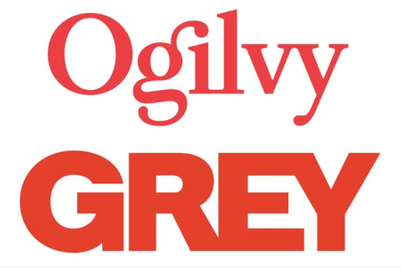
Sutherland argued that the advertising and marketing industry as a whole had hindered its own progress by adopting a defensive attitude, focusing on accountability and self-justification. In addition, he said, the advertising industry had “spurned psychology” and shown an extraordinary lack of curiosity, leading economists to view the advertising function as part of a “non-working budget”.
Citing the Austrian economist Ludwig von Mises, Sutherland noted that value was subjective, and while “most economists know this to be true, they hate to admit it”. He built on this by noting that the advertising industry had become no different from any other by relying on models in the place of original thinking. What the industry needs to do, he said, is to make clients aware of the subjectivity of value and the importance of context when reaching consumers. He showed that framing a proposition in a certain way could have dramatic results, and also that the average consumer seeks simplicity rather than a superlative.
“Most decisions are not taken with maximisation in mind,” he said, observing that marketers often work towards unrealistic goals based on metrics incompatible with behaviour in the real world. Drawing on various examples from the UK and Europe, he presented the case for simplification of processes – in particular those affecting the path to purchase. He pointed out that the most expensive elements of an advertising campaign were rarely the most effective, and that in seeking to change behaviour, seduction was an infinitely better approach than persuasion.
“How do we move people away from an entrenched way of thinking?” he asked rhetorically. “Obliquely. Persuasion is the opposite of seduction.”



.jpg&h=334&w=500&q=100&v=20250320&c=1)

.jpg&h=334&w=500&q=100&v=20250320&c=1)
.jpg&h=334&w=500&q=100&v=20250320&c=1)

.jpg&h=334&w=500&q=100&v=20250320&c=1)
.jpg&h=334&w=500&q=100&v=20250320&c=1)
.jpg&h=334&w=500&q=100&v=20250320&c=1)






.jpg&h=268&w=401&q=100&v=20250320&c=1)
